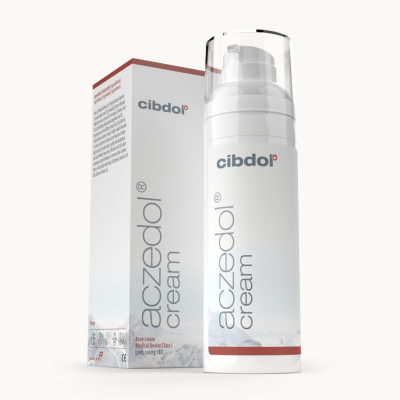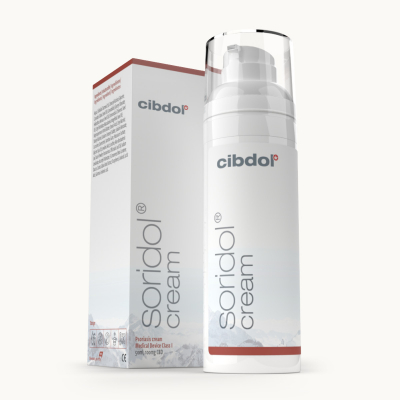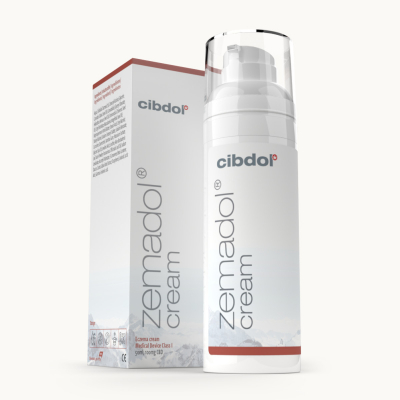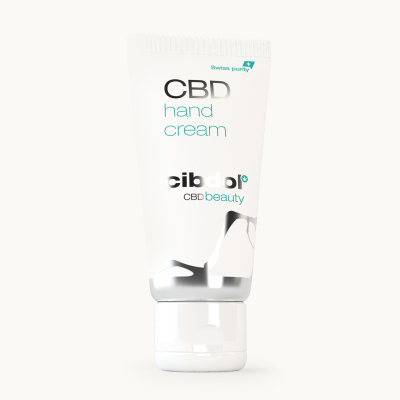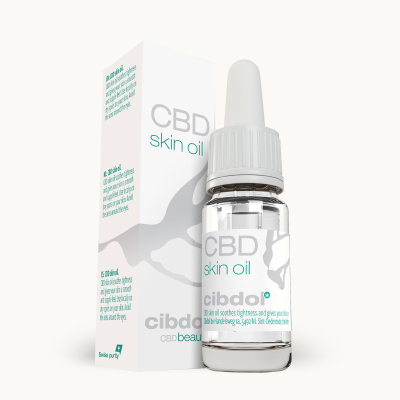We don't ship to your address!
Due to your country law and regulations, we are not permitted to send to your current location. If you have any questions please contact usWe're here to help
Have questions about our products or content? Don't hesitate to get in touch with us.-
Contact
-
Information
-
Blog
Search
Please insert a search term in the input field. If you have any question please contact us contact us
You have to add to cart at least 0 bottles or any program to make checkout.
We don't ship to your address!
Due to your country law and regulations, we are not permitted to send to your current location. If you have any questions please contact usWe are here to help you
We are here for you. If you have any question please contact usSearch
Please insert a search term in the input field. If you have any question please contact usWe don't ship to your address!
Due to your country law and regulations, we are not permitted to send to your current location. If you have any questions please contact usWe are here to help you
We are here for you. If you have any question please contact usSearch
Please insert a search term in the input field. If you have any question please contact usBUY 3, PAY FOR 2! Add 3 CBD Products to your shopping cart and use the discount code: CIBDOL3
-
Showing 1 - 5 of 5 itemsWhich product do I need?
Frequently Asked Questions
How to choose the right Cibdol Skin product
Discover which Cibdol skincare solution best fits your skin’s unique needs — from soothing dryness and irritation to supporting the skin’s natural balance.- What makes Cibdol skin creams different from regular creams?
-
Cibdol skin creams combine high-quality CBD with carefully selected natural ingredients. Each formula is designed to nourish and protect the skin’s natural barrier, without harsh chemicals or artificial fragrances. The result is effective, dermatologically tested care that supports skin balance and comfort.
- Which product should I choose for acne-prone skin?
-
Aczedol is specifically formulated for skin prone to blemishes and redness. The CBD-rich formula, enhanced with colloidal oatmeal, helps soothe irritation and support the skin’s recovery process — ideal for oily or breakout-prone skin types.
- What’s the best choice for dry or eczema-prone skin?
-
Zemadol is enriched with CBD and colloidal oatmeal to calm and moisturize dry, itchy, and sensitive skin. It supports the skin’s natural regeneration and helps reduce discomfort associated with dryness or sensitivity.
- Which cream is suitable for psoriasis-prone skin?
-
Soridol combines CBD with active natural ingredients that support the renewal of dry, scaly skin. It helps restore comfort and softness while maintaining optimal skin hydration — perfect for areas affected by roughness or flaking.
- Is there a product for general daily skincare?
-
CBD Skin Oil provides light, nourishing care for all skin types. It supports elasticity, hydration, and a natural glow without leaving an oily residue. A great addition to your daily skincare routine for smooth, balanced skin.
- What about my hands — is there something specific?
-
CBD Hand Cream is designed to hydrate and protect overworked hands. The fast-absorbing formula with CBD and nourishing oils keeps hands soft, supple, and shielded from dryness or irritation caused by frequent washing or weather exposure.
- Can I combine different skin products?
-
Yes. Many users combine CBD Skin Oil with targeted creams like Zemadol or Soridol for added hydration and protection. The formulas are gentle enough to be layered or used on different areas of the body as needed.
- Is Q10 100mg also good for my skin?
-
Yes — while Q10 100mg is primarily a dietary supplement, its antioxidant properties support skin health from within. Coenzyme Q10 helps fight oxidative stress, promoting a youthful and radiant complexion when used alongside topical care.
- Are Cibdol skin products suitable for daily use?
-
All Cibdol skincare products are formulated for safe, daily use. They contain natural ingredients, are free from parabens and artificial fragrances, and are dermatologically tested to ensure maximum comfort for sensitive skin.
As Seen On:







